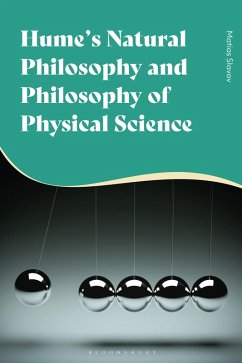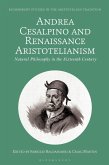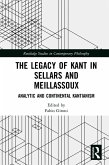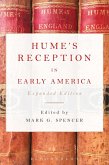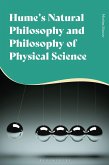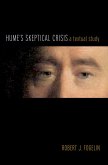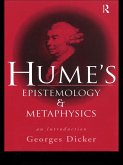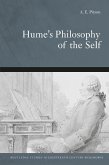This book contextualizes David Hume's philosophy of physical science, exploring both Hume's background in the history of early modern natural philosophy and its subsequent impact on the scientific tradition.
Drawing on Cartesian cosmology and Einstein's special relativity, and taking in topics including experimentalism, causation, laws of nature, metaphysics of forces, mathematics' relation to nature, and the concepts of space and time, this book deepens our understanding of Hume's relation to natural philosophy. It does so in addition by situating Hume's thought within the context of other major philosophers and scientists, including Descartes, Locke, Boyle, Kant, Newton, and Leibniz.
Demonstrating above all Hume's understanding of the fluid relationship between philosophy and science, Hume's Natural Philosophy and Philosophy of Physical Science will provide new insights for historians and philosophers of science.
Drawing on Cartesian cosmology and Einstein's special relativity, and taking in topics including experimentalism, causation, laws of nature, metaphysics of forces, mathematics' relation to nature, and the concepts of space and time, this book deepens our understanding of Hume's relation to natural philosophy. It does so in addition by situating Hume's thought within the context of other major philosophers and scientists, including Descartes, Locke, Boyle, Kant, Newton, and Leibniz.
Demonstrating above all Hume's understanding of the fluid relationship between philosophy and science, Hume's Natural Philosophy and Philosophy of Physical Science will provide new insights for historians and philosophers of science.

